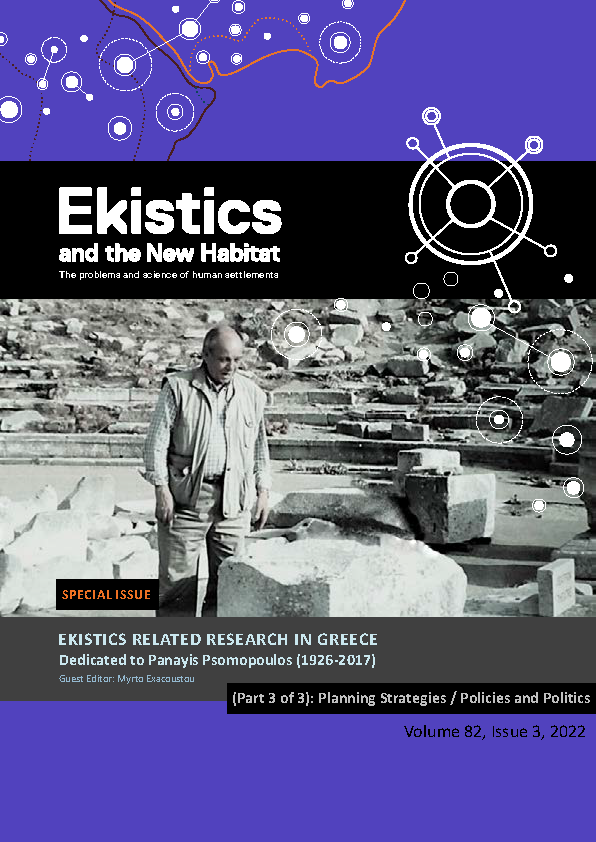A Democratic and Participatory urban planning for an inclusive school: Models and mechanisms
DOI:
https://doi.org/10.53910/26531313-E2022823670Abstract
The present paper aims to highlight the growing prominence of participatory approaches in urban planning, acknowledging their potential for democratic decision-making while navigating challenges like self-selection biases. Proposed solutions include steering committees with external experts, inclusive meetings, and user-friendly information access. Within the European landscape, the New European Bauhaus (NEB) initiative, orchestrated by the European Commission, takes center stage in reshaping urban planning for sustainability and inclusivity. In Greece, NEB manifests in initiatives like "Akkri’s Learning via Participation Model" and the "Skills Labs for the 21st Century", emphasizing children's voices and sustainability in schools. Leros Island sets an example with a Special Scientific Committee adopting a holistic approach to enhance public spaces. In response to unique challenges in the Aegean Islands, the paper suggests a pilot initiative, introducing an electronic platform to bridge information gaps caused by geographical dispersion. This participatory reporting platform aims to engage citizens in inclusive development, with acknowledged challenges including data complexity and digital accessibility. Shifting focus to education, the article proposes a decentralized school system in Greece, emphasizing local authorities' role in budget management for tailored curricula and inclusivity. Challenges, such as data analysis complexity and ensuring digital accessibility, are recognized. Aligned with Sustainable Development Goals, this policy shift aims to promote effective governance and participatory problem-solving. In conclusion, the paper underscores the potential of participatory strategies in urban planning and education, emphasizing adaptability to unique contexts while acknowledging and addressing challenges.
Published
How to Cite
Issue
Section
License
Copyright (c) 2024 Ekistics and The New Habitat

This work is licensed under a Creative Commons Attribution-NonCommercial-NoDerivatives 4.0 International License.
Please contact the Editor-in-Chief: editor@ekisticsjournal.org, should you have any questions on copyright for your submission.
This research journal is for Educational and Knowledge development purposes.
All material published on this site complies with our copyright and terms as described by the Attribution-NonCommercial-NoDerivaties 4.0 International (CC BY-NC-ND 4.0)






